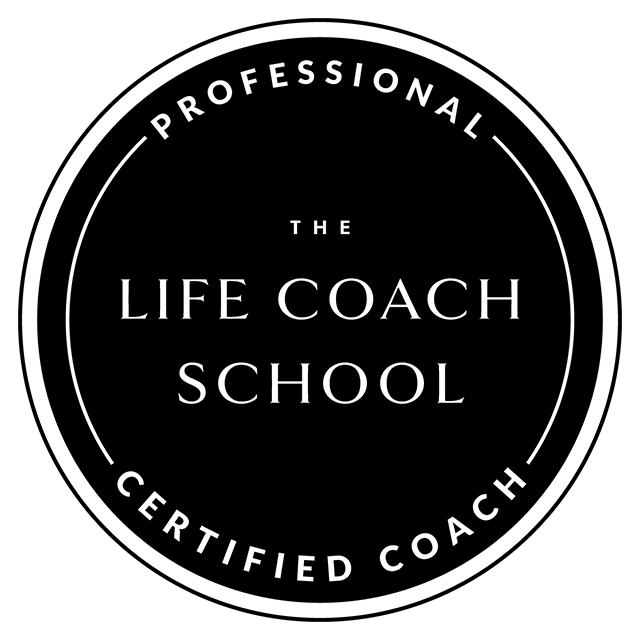How To Quit Smoking
/Imagine waking up in the morning, taking a deep breath in all the way into your belly, and slowly letting it out again. No cough, no hitch in your chest.
Imagine going for a run, feeling the energy move through your body, your muscles begging you to go faster.
Imagine stepping outside with your long time friend – she lights up a smoke and that familiar smell wafts over you. You simply enjoy the smell and feel no desire to light up your own.
Imagine not having that guilt of being a smoker. Of having the confidence – I quit. That I don’t need to smoke in order to have a good time.
How much less stressed you will be when you’re not relying on something else so you can feel how you want to feel. You know it’s all inside you.
Seriously. I want you to imagine this. How would that feel? Do you believe it’s possible? How would that change your life?
I have a step by step process that I work with my clients on for quitting any bad habit, but I created this process for myself when I quit smoking.
1. Decide you want to and why. What is your compelling reason for quitting? You need to be committed to this decision, and have a strong why behind it. Something to remind yourself of when those cravings hit.
2. Identity: Who will you be without smoking? What will your life be like without it? Smoking is such a huge part of who you are, and when you quit smoking you need to create a new identity for yourself. Someone that you want to be.
3. Brain work. This is the fun part. You get to learn all about why you are smoking and how to rewire your brain. The main concepts that I teach on are:
- Buffering: A habit with a negative consequence that is used to avoid negative emotions.
- Allowing discomfort: Our brain is wired to seek pleasure, avoid pain, and conserve energy. When you change a habit, you are going against all three of those, so being willing to feel discomfort.
- Processing urges: Your brain and body are wired to respond to triggers and urges with the action. As you quit, you need to allow that urge without responding to it. Which is different than fighting, resisting, or giving in to it.
4. 24 Hour Plan: Creating a plan ahead of time takes out the room for discussion. You know how many and when, and there’s no argument.
I’m telling you, this works.
Are you ready to become this person? Ready to quit for real?
Shoot me an email and let’s get your first call scheduled.
Six weeks from now, you could be done smoking. Forever.
You’ve seriously got this.


